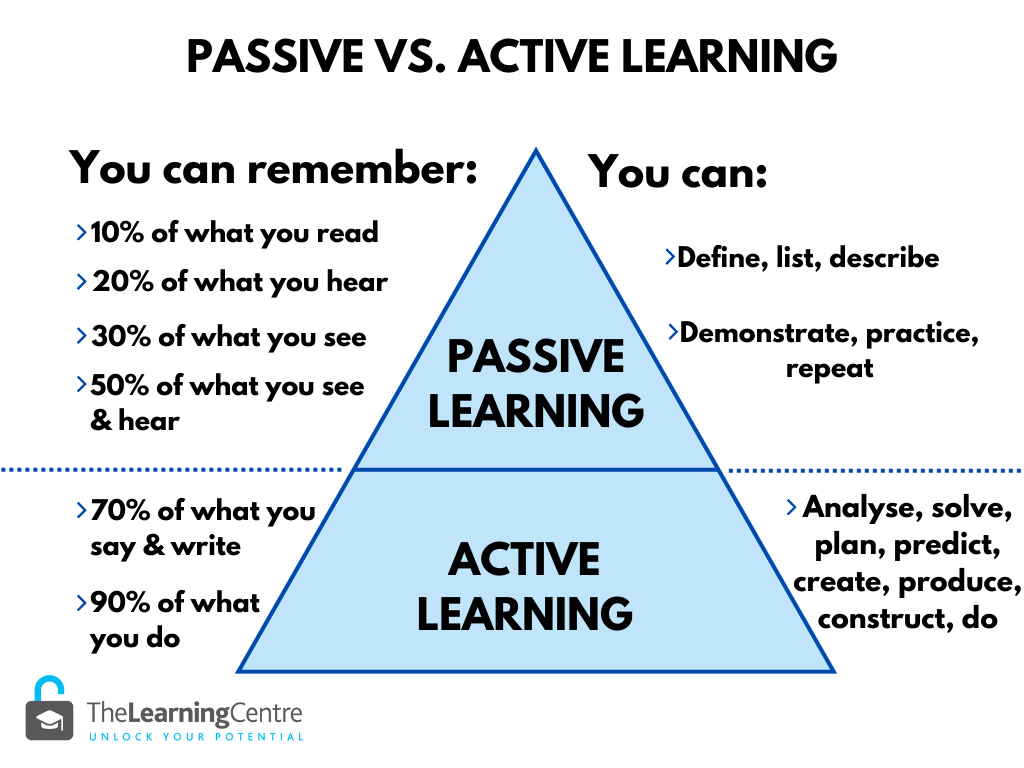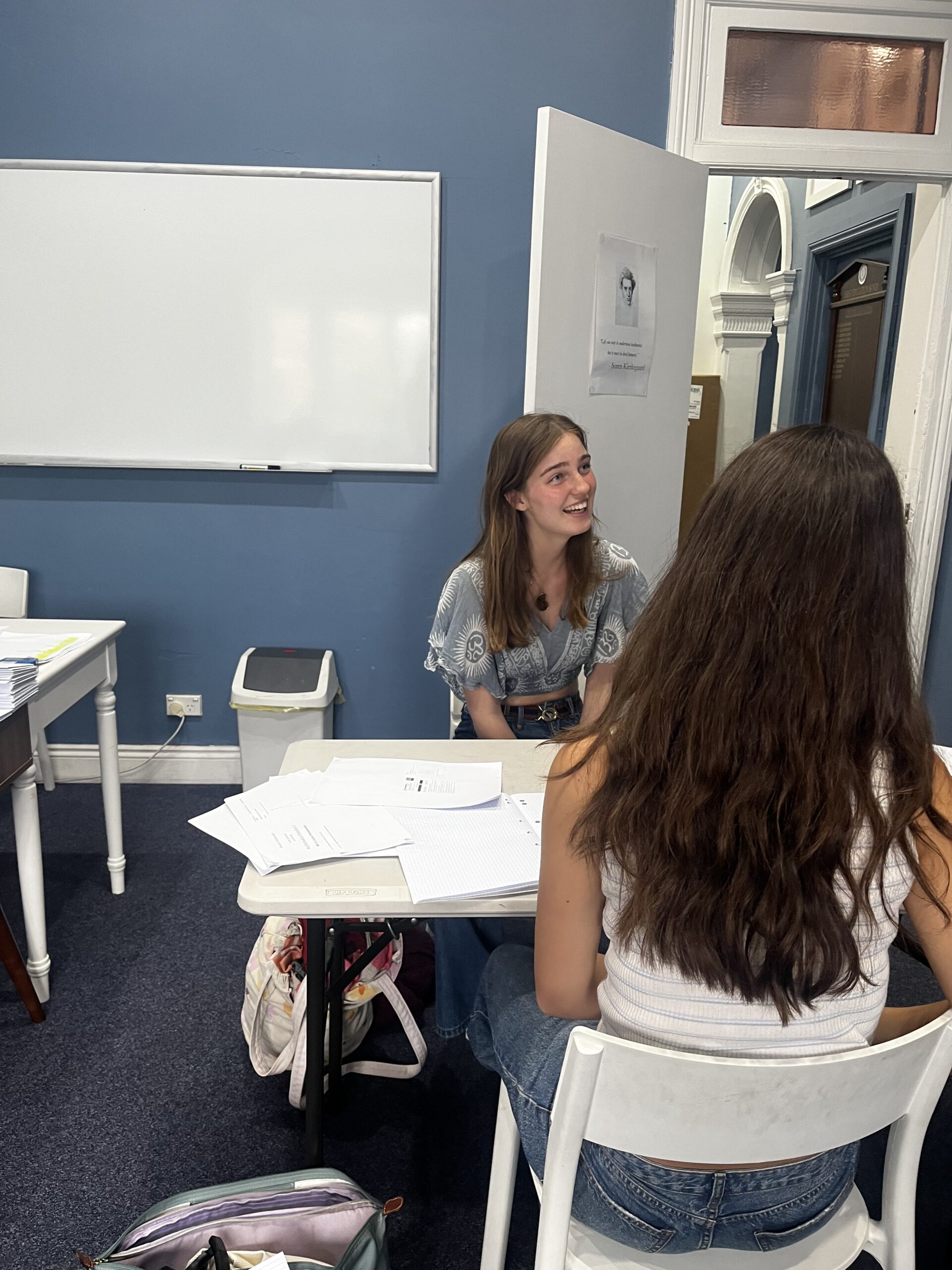
Building strong study habits isn’t about cramming or quick fixes, it’s about creating routines that become second nature. Consistency is the secret ingredient, and with a few simple steps, students can transform their approach to learning.
1. Set Clear Goals
Start by defining what success looks like. This could be mastering a maths topic or preparing for an exam, clear goals give direction and motivation. Break big objectives into smaller, achievable milestones to avoid overwhelm.
2. Create a Dedicated Study Space
Environment matters, a quiet, organized space signals to the brain that it’s time to focus. Keep distractions such as phones out of reach, and stock the area with essentials such as pens, notebooks, and water.
3. Establish a Routine
Consistency thrives on routine. Choose regular study times each day, even if they’re short. For example, 30 minutes after dinner can be more effective than sporadic long sessions. Over time, the body and mind adapt to this rhythm.
4. Use Active Learning Techniques
Passive reading rarely sticks. Instead, try summarizing notes aloud, teaching concepts to a friend, or practicing with flashcards. Active engagement strengthens memory and deepens understanding.
5. Balance Work and Rest
Breaks are not wasted time, they’re essential for productive studying. The Pomodoro Technique (25 minutes of study followed by a 5‑minute break) keeps energy levels high. Adequate sleep and exercise also play a huge role in retention and focus.
6. Reflect and Adjust
At the end of each week, review what worked and what didn’t. Small tweak, like shifting study times or trying new methods help refine habits until they truly stick.
By following these steps, students build routines that feel natural, reduce stress, and lead to lasting academic success. The key is patience: habits form gradually, but once established, they become powerful tools for lifelong learning.
Sophia McLean










